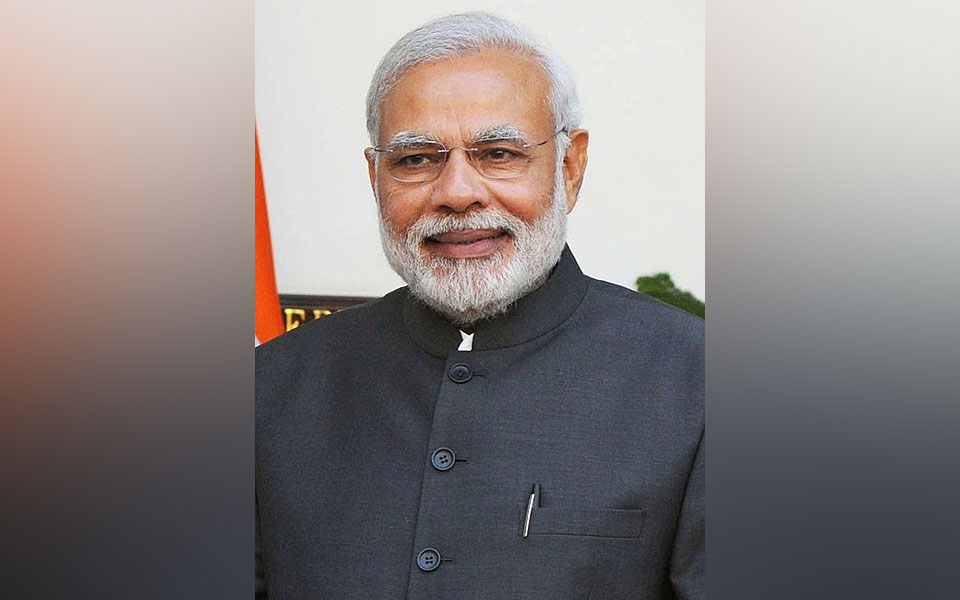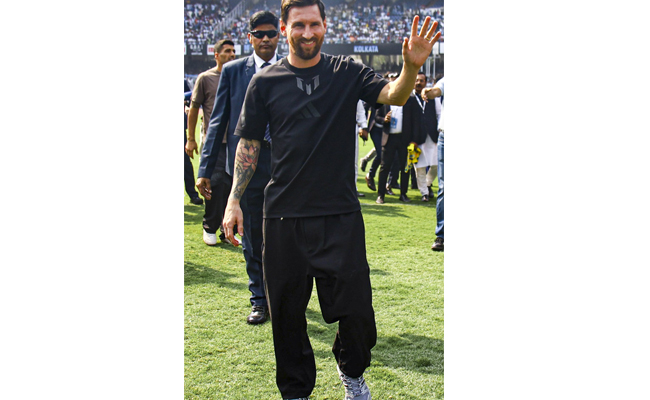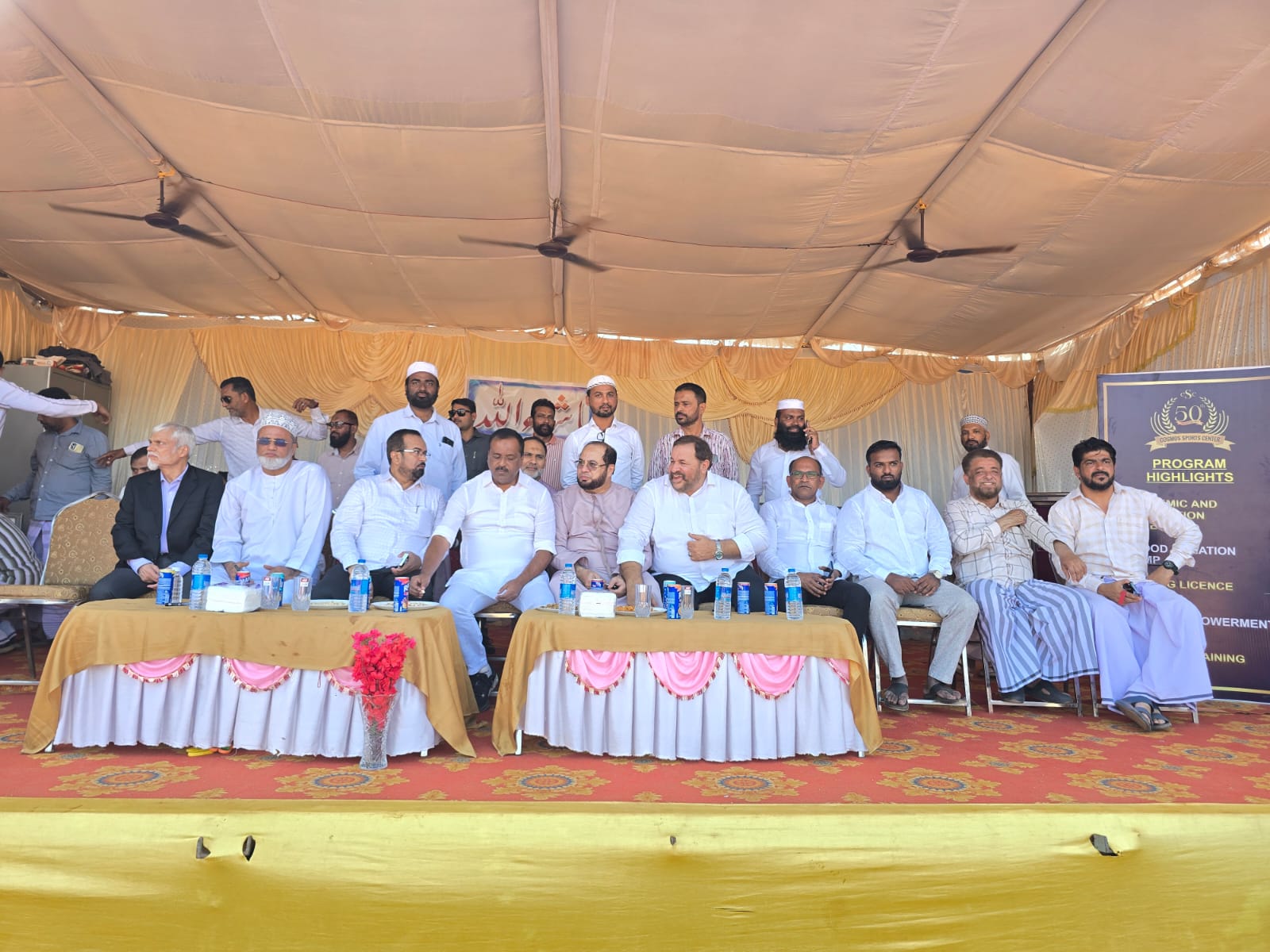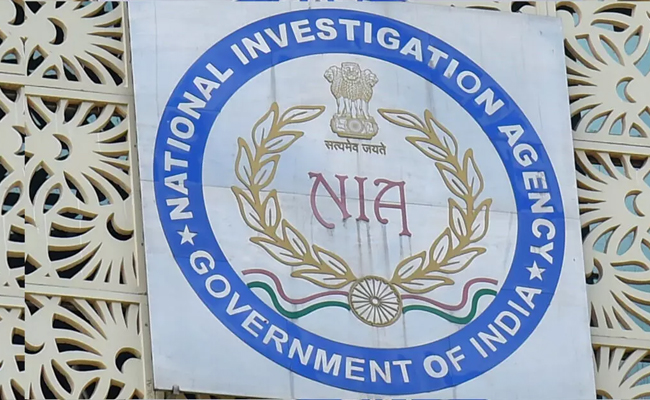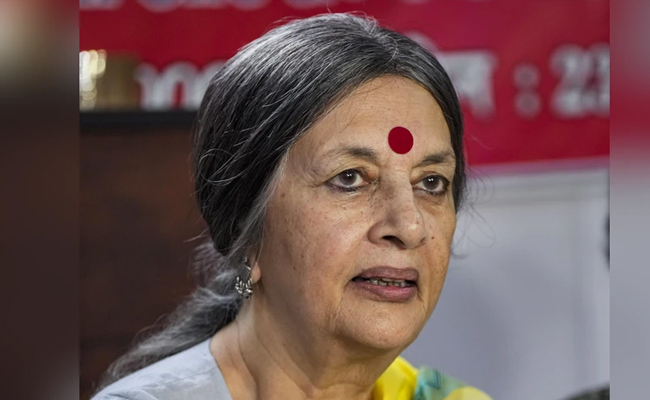Johannesburg, July 26 : Indian Prime Minister Narendra Modi on Thursday said that India will work with other member states of the BRICS economic bloc to prepare for the Fourth Industrial Revolution while reiterating India's commitment to multilateralism, international trade and rule-based world order.
Addressing the plenary session of the 10th BRICS (Brazil, Russia, India, China, South Africa) Summit here, Modi said that everybody knows the importance of working together to fight the challenges thrown up by cyber security.
"Industry 4.0 will further increase these challenges and needs," he said.
"India will like to work with the BRICS on the issue of the Fourth Industrial Revolution. We need to together prepare best practices and policies in this connection."
Founder and Executive Chairman of the World Economic Forum Klaus Schwab is credited with coining the term Fourth Industrial Revolution for having written a book by the same name.
It is the fourth major industrial era since the initial Industrial Revolution of the 18th century and is characterised by a fusion of technologies that is blurring the lines between the physical, digital, and biological spheres.
It is marked by emerging technology breakthroughs in a number of fields, including robotics, artificial intelligence, block chain, nanotechnology, quantum computing, biotechnology, the Internet of Things, 3D printing and autonomous vehicles.
"Keeping in mind the importance the changes in technology taking place these days and in the future have for BRICS nations as well as the whole world, I would like to suggest to our ministers discuss this issue in detail," Modi said.
"And if need be, take the help of experts as required."
According to Modi, the world that is being created by new industrial technology and digital interface offers opportunities as well as challenges.
"New systems and products will open new roads for economic development," he said.
"People and human values are of utmost importance in development and progress."
Stating that Industry 4.0 will make the world flatter, the Prime Minister said that many deprived classes will be able to make big leaps with the help of technology and development.
At the same time, he said it is difficult to say what effect this will have amid growing inequalities, a fast changing society and human values.
"In the Fourth Industrial Revolution, talent will become more important than money," Modi stated.
"The new face of employment will be high skilled but temporary jobs," he said.
He was of the view that digital platforms, automation and data flows will reduce the importance of geographical distances.
"When digital platforms, e-commerce and and marketplaces will get linked with such technologies, a new kind of industry and business leaders will surface," he said.
Stating that the type and opportunities for employment will be an important issue, Modi said that though traditional manufacturing will continue to be an important means of job creation, it will become extremely important for workers to enhance their skills.
He was of the view that school and university curricula must be prepared in such a way that the youth can prepare for the future and said that it must be ensured that the changes in technology find place in such curricula.
"In India, because of this, the National Skill Development Mission has been started," the Prime Minister said.
"The intention is to impart to our youth relevant technical and vocational skills," he said, adding that his government is trying to ensure that quality technical, vocational and higher education is available to all sections of the society.
Modi also said that technological innovations can help in better service delivery, increase in productivity levels and better management of labour issues.
"In today's times, technology has become the biggest disruptor," he said. "The effects of Industry 4.0 just cannot be imagined.
Speaking on the occasion, South African President Cyril Ramaphosa, host of this year's Summit, said that technology should not be allowed to change society.
"The needs of society should shape technologies," Ramaphosa said.
He also said that the Fourth Industrial Revolution should not be allowed to be the preserve of a handful of nations.
Prior to the plenary session, Modi attended the leaders' closed session of the Summit and presented the country statement of India.
"Reaffirming our commitment to reformed multilateralism, international trade and rules-based world order," External Affairs Ministry spokesperson Raveesh Kumar tweeted referring to the statement.
Let the Truth be known. If you read VB and like VB, please be a VB Supporter and Help us deliver the Truth to one and all.
Mumbai (PTI): In view of Argentine superstar footballer Lionel Messi's visit to Mumbai on Sunday, the city police are implementing stringent security measures, like not allowing water bottles, metals, coins inside the stadiums and setting up watchtowers to keep an eye on the crowd, officials said.
The police also said taking extra care to avoid any stampede-like situation and to prevent recurrence of the chaotic situation that unfolded in Kolkata during Messi's visit on Saturday as thousands of fans protested inside the Salt Lake stadium here after failing to catch a clear glimpse of the football icon despite paying hefty sums for tickets.
Messi is expected to be present at the Cricket Club of India (Brabourne Stadium) in Mumbai on Sunday for a Padel GOAT Cup event followed by attending a celebrity football match. He is expected to proceed to the Wankhede Stadium for the GOAT India Tour main event around 5 pm.
"In view of Lionel Messi's visit to Mumbai, the police are geared up and have put in place a high level of security arrangements in and around the stadiums located in south Mumbai. Considering the chaos that prevailed in Kolkata and the security breach, we have deployed World Cup-level security arrangements at Brabourne and Wankhede stadiums," an official said.
Expecting heavy crowd near the stadiums during Messi's visit, the city police force has deployed more than 2,000 of its personnel near and around both the venues, he said.
As the Mumbai police have the experience of security 'bandobast' during the victory parade of ICC World Cup-winning Indian team and World Cup final match at the Wankhede Stadium, in which over one lakh cricket fans had gathered, we are prepared to handle a large crowd of fans, he said.
"We are trying to avoid the errors that occurred in the past," the official said.
There is no place to sneak inside the stadiums in Mumbai like the Kolkata stadium, according to him.
The police are also asking the organisers to provide all the required facilities to the fans inside the stadium, so that there will be no chaos, he said, adding the spectators have purchased tickets in the range of Rs 5,000 to 25,000. After paying so much of amount, any spectator expects proper services, while enjoying the event, he said.
The police are expecting 33,000 spectators at the Wankhede Stadium and over 4,000 at Brabourne Stadium. Besides this, more than 30,000 people are expected outside and around the stadiums just to have a glimpse of the football sensation, he said.
The organisers responsible for Messi's India visit recently came to Mumbai to discuss security arrangements. During the meeting, the Mumbai police asked them not to take the event lightly, according to the official.
After those requirements were fulfilled, the final security deployment was chalked out, he said.
Police has the standard procedure of the security arrangements inside the Wankhede Stadium, where people are barred from taking water bottles, metals objects, coins. Police are setting up watch towers near the stadiums and there will be traffic diversions, so that there is maximum space available to stand, according to the official.
Police are also appealing to the spectators to use public transport service for commuting and avoid personal vehicles to reach south Mumbai.
To avoid any stampede-like situation, police are also taking precautionary measures and will stop the fans some distance ahead of the stadium and public announcement systems will be used to guide the crowd. Barricades will be placed at various places to manage the crowd.
In case the crowd swells up beyond expectation, the police will divert people to other grounds and preparations in this regard underway, he said.
Additional police force has been deployed in south Mumbai to tackle any kind of situation, he said.

